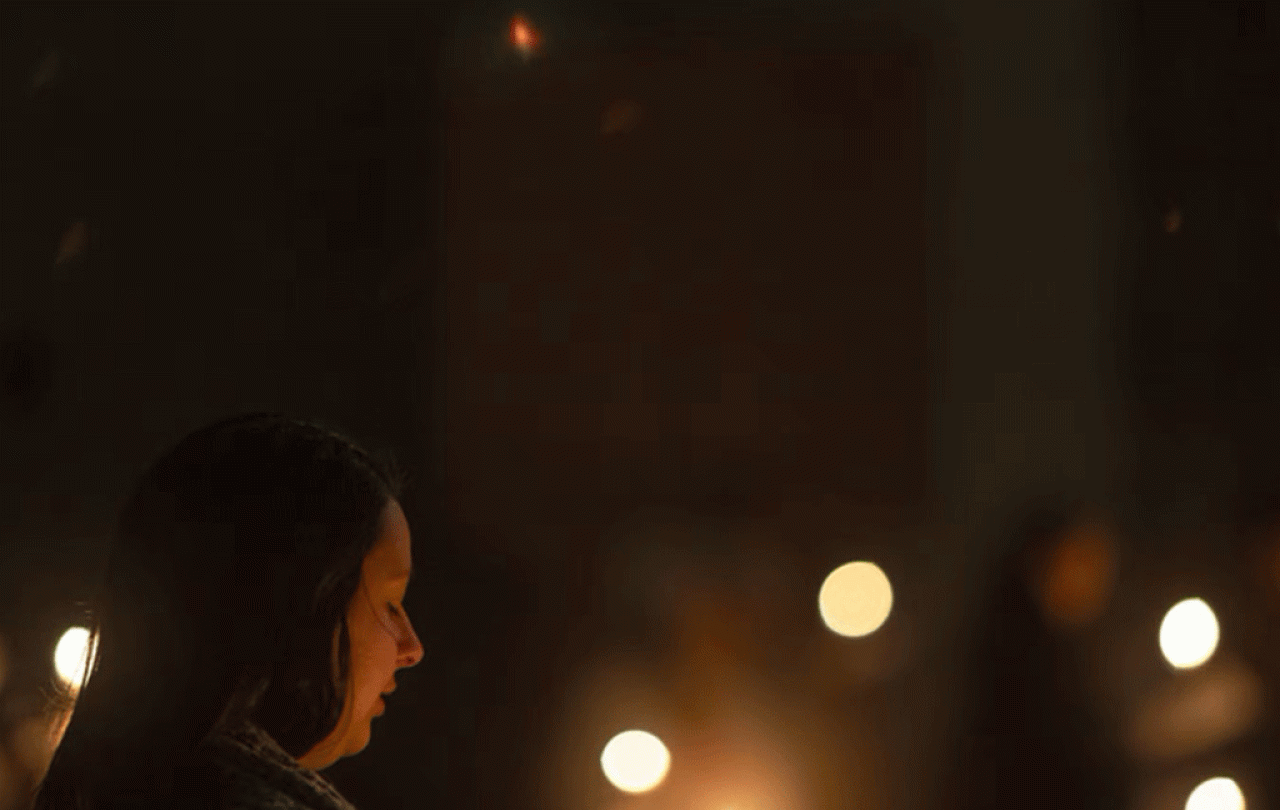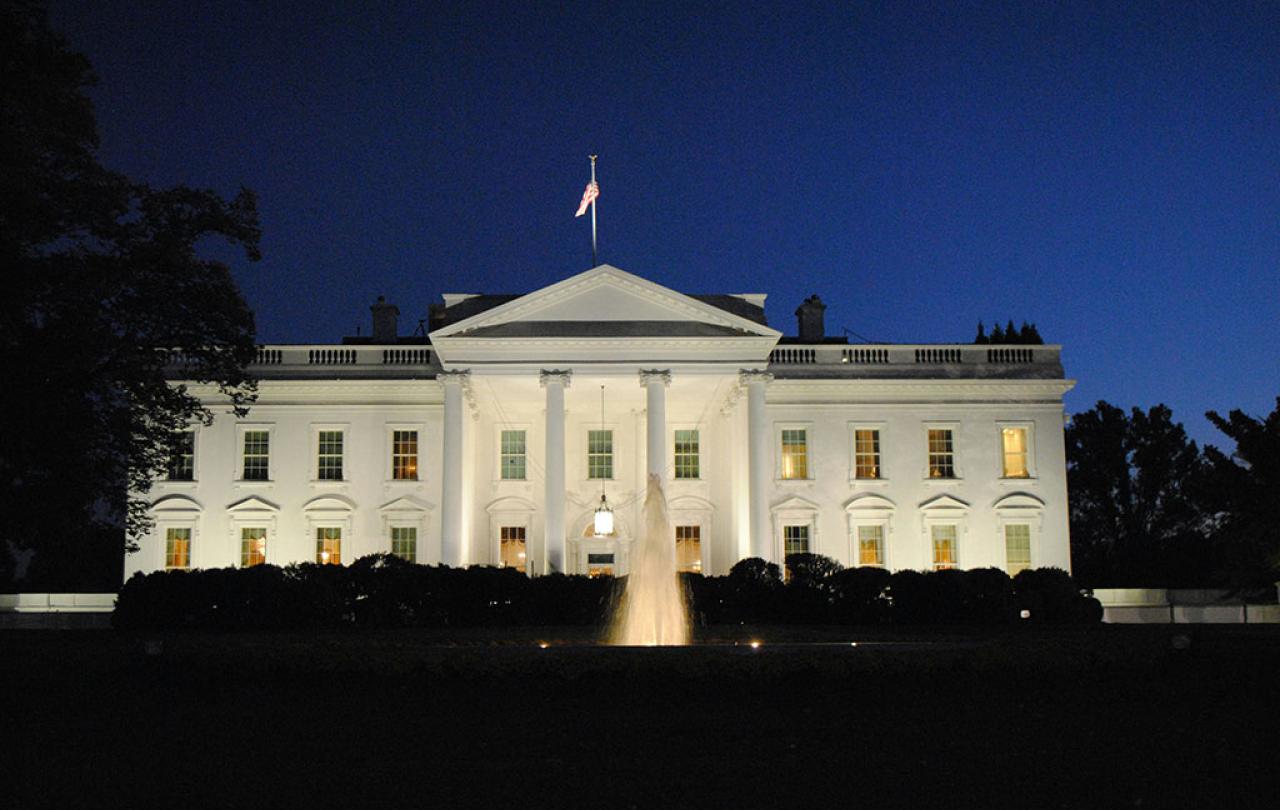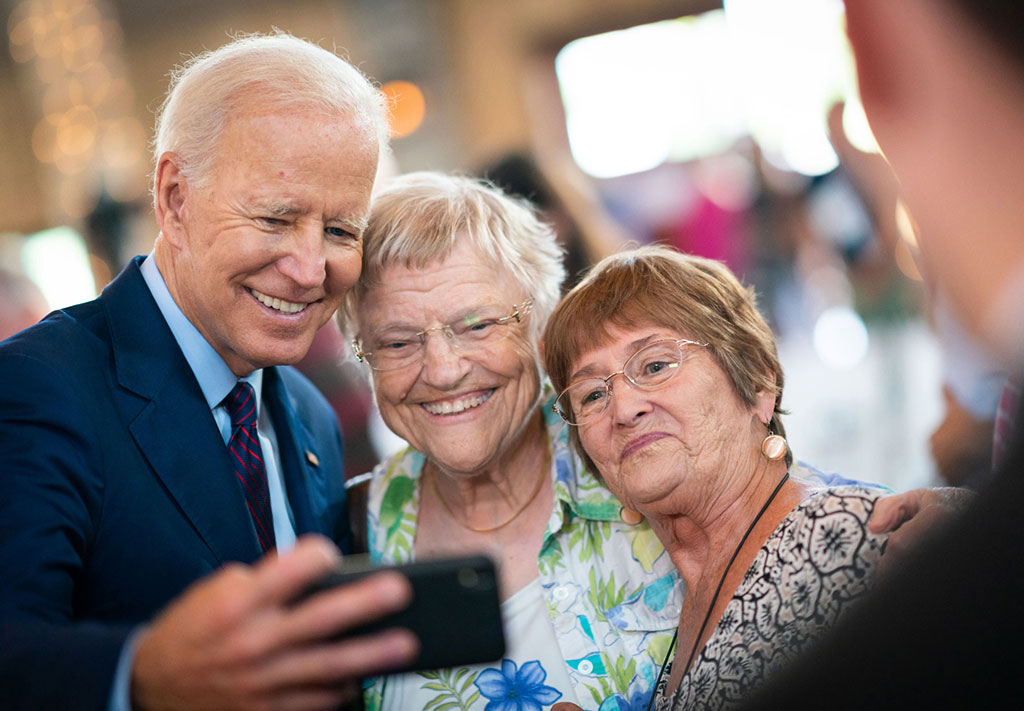
Christmas.
The very word is loaded with associations and memories and history and meaning. Just looking at it written down conjures up years of my childhood and particular feelings and impressions and smells. And for good or ill, it seems that that’s the case for most people. Ask any group of individuals for the three words that represent Christmas to them, and you’ll end up with myriad different answers – and an argument about why each person is right and everyone else is wrong!
Interestingly though, Christmas has changed in meaning for me in recent years. Ever since Covid in fact – that weird, strange, historic, awful-in-many-ways-but-unexpectedly-good-in-others period, that already feels like quite a long time ago. Christmas had one significance before it and another afterwards, and the latter is actually much more important.
It was a place that stamped it into my mind; two very different experiences of it, with the second one over-writing and enriching the first. It was Coventry Cathedral.
So. Every year for the 20 years before Covid, we went to the cathedral on Christmas Eve for an afternoon service called The Road to Bethlehem. My husband had been going nearly all his life, having been a chorister there from the age of seven. We gathered with a big group of friends and acquaintances into an enormous rag-tag choir, first for a rehearsal in the undercroft beneath the cathedral before going upstairs to join the equally enormous orchestra for a bit more practice before the service itself. Everyone was in Christmas jumpers and antlers and sparkly earrings, and the conductors of both choir and orchestra had to stand on boxes so we could see them and they could see each other. It was the only time each year that all the singers and players came together, many of them teenagers home from uni, and the whole atmosphere was buzzy and excited.
In addition to all the hundreds of musicians, gradually then the congregation began to pour in – masses and masses of children among them, nearly all dressed up in nativity costumes. There were crowds of shepherds and angels, hordes of wise men, smatterings of Marys and Josephs and a good crop of baby Jesuses, along with Batman and Spiderman and plenty of princesses who came along for the ride. And all of them during the service moved round the cathedral, from Nazareth at the start, via the nasty innkeeper who told them to clear off, no room in the inn (aka the Lady Chapel), to the hills full of sheep behind the altar, and fetched up in the stable down by the font at the end – with the choir and orchestra belting out appropriate carols at each stage. It was absolute mayhem, with babies yelling and small shepherds whacking each other with light sabres and our friend Mark – a professional tenor – singing sublimely overhead as Angel Gabriel. The cathedral was packed to groaning and at the close, when everyone was asked to light the candles they’d been holding throughout, it was also filled with light and heat and noise as everyone bellowed ‘Oh Come All ye Faithful’ at full volume, the trumpets and tubas giving it large and the kettledrums and cymbals thundering and crashing. It was exhausting, but so wonderful.
And then, 2020.
We didn’t think we’d get to the cathedral at all that year, but the decision was made to hold mini carol services – five of them – across two weekends, sung by small groups from the cathedral’s own choirs, with congregations being admitted by ticket to sit in household clumps, face masks on and no joining in please. It was dark when we got there, and raining, and the streets in Coventry were empty. The people attending the service, not many of them, were stretched in a silent line outside the doors, big gaps between them, masks on, no talking. Inside too, the lighting was low and chairs stood in lonely islands of two, empty acres of space between them (though my husband did firmly go and get a third chair so he and I and our daughter could sit together). I didn’t realise that the lady who let us in was someone I’ve sung with for years – her hair had grown and I couldn’t see her face or hear her voice properly, and when a small choir of girls filed silently in followed by the director of music looking extremely severe, I found it difficult not to cry. In fact for a considerable part of the service I did cry, which was such a pain as it misted up my glasses and I couldn’t wipe my eyes or nose because of the wretched mask.
But something interesting happened as I sat there struggling with all of this. Because, I think, of the quietness and the emptiness, I started to notice the cathedral itself – to feel its presence around me, to see its bones. There is an enormous tapestry there behind the altar, a vast portrait of Christ – strange and distorted and Picasso-like, full of symbols and odd colours – and it is very cleverly lit so that nearly all of it is in shadow except for Christ’s face, with piercing eyes that seem to look directly at you wherever you stand. In front of it are flights of highly stylised wooden doves fixed to the tops of the choir stalls, silhouetted against the tapestry as sharp crisscross shapes. There were lines and lines of tea lights on the ground along the steps, around the base of the pulpit, across the altar rail – like twinkling necklaces of light, reflected in the polished stone floor and casting strange upward shadows on the faces of the choir. And not singing and not joining in the spoken stuff meant I really began to listen – to the quietness of the building, to the sounds from the city outside, to my daughter breathing next to me, to the words of carols I know so well that I stopped hearing them years ago. It was like a sort of warmth creeping over me – I could almost feel it coming up from the floor and gradually making me feel better.
One of the canons gave the address. She looked as if she had been crying herself. ‘It’s not right, is it!’ she cried passionately. ‘That we’re separated from the people we love, that so many are afraid, or sick, that millions have lost livelihoods and now fear for the future, that our young people are missing out on friendships and education, that there’ll be empty places at so many tables.’ But, she went on to say, Christmas has never been ‘right’, not from the beginning. ‘Think of Mary’, she said. ‘So young and so vulnerable – having to give birth to her first child without her mother and aunties, not even with a proper roof over her head or a bed to rest on. Just a pile of straw and a man who wasn’t sure he even wanted to be with her at that point.’ I thought of my colleague, about to have her first baby, with her birth plan and her ‘nesting’ and her husband spending half the night wrestling with the new pram – so loved and precious, not lonely or homeless or disgraced.
‘And what about the shepherds?’ the canon continued. ‘Outcasts, forgotten ones, the lowliest of lowlies, poorest of the poor – but it was they who the angels visited. And it was only common sense that took the Wise Men to Herod’s palace. They were seeking a king after all… but they couldn’t have been more wrong, could they!’
Christmas is always all wrong, in other words. It’s meant to be. It’s meant to subvert the order of things, to teach us new lessons, to get us to think differently. So in many ways, the horrible upside-down 2020 Christmas with the world in disarray was just like the first one. And as with that one, there was light and wonder to be found, which darkness has never quenched yet.
It doesn’t matter, I don’t think, whether you believe or don’t believe in the existence of God: the fact is that the nativity is an extraordinary story that has guided millions of people for centuries, and inspired and comforted and influenced them in all kinds of ways. Even by itself, that is amazing. And the miserableness of Covid and upset and disruption and spoilt plans were – weirdly – the reason that I heard the story differently that year.
It is all right for things to be all wrong.
And because of hearing it like this, I have found that it’s given me a new kind of resilience – a higher capacity for tolerating wrongness; a cheerfulness that is not entirely centred in everything being fine and everyone behaving beautifully. Which, let’s face it, is just as well… and probably the very best gift that Christmas can give to anyone.
Support Seen & Unseen
Seen & Unseen is free for everyone and is made possible through the generosity of our amazing community of supporters.
If you’re enjoying Seen & Unseen, would you consider making a gift towards our work?






